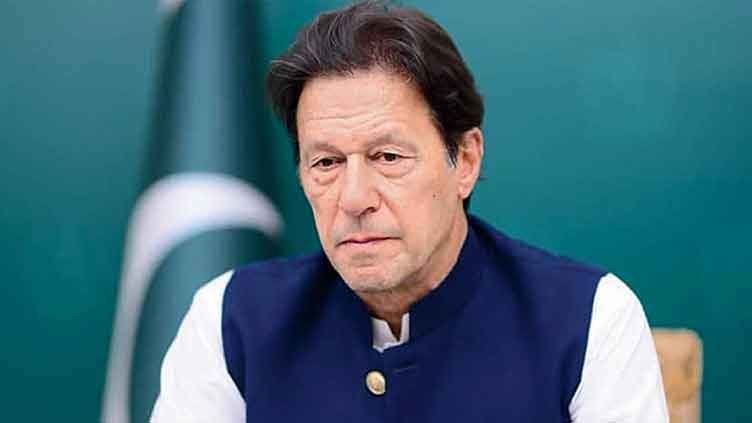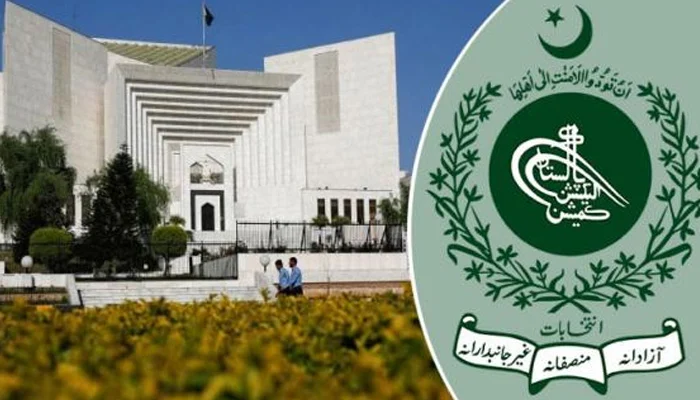Khyber Pakhtunkhwa Chief Minister Ali Amin Gandapur has once again positioned himself as a strong advocate for national unity and pragmatic policymaking. Speaking to the media, he highlighted the need for consensus on long-standing projects such as the Kalabagh Dam while also addressing political, humanitarian, and cross-border concerns. His remarks touched on key issues, from Pakistan’s internal challenges to regional cooperation with Afghanistan, showcasing his vision of balancing provincial interests with the greater good of the nation.
Ali Amin Gandapur Stresses Unity on Kalabagh Dam
Addressing the controversy surrounding the Kalabagh Dam, Ali Amin Gandapur stated that Pakistan could not be harmed in the name of provincialism. He urged political leaders and provinces to look beyond narrow interests and focus on projects that benefit the country’s future generations.
Everyone must be satisfied, and such projects should be carried out for our children, future generations, and Pakistan, he said, emphasizing that the broader national benefit should not be compromised.
The Kalabagh Dam has long been a contentious issue, with debates over its potential benefits for water storage, flood control, and energy generation clashing with concerns about provincial rights and resource distribution. By calling for consensus, Gandapur positioned himself as a leader willing to bridge divides in the interest of national progress.
Standing with Punjab Amid Flood Crisis
In his remarks, Ali Amin Gandapur also expressed solidarity with Punjab as the province grapples with heavy rains, cloudbursts, and flash floods. He noted that Khyber Pakhtunkhwa itself had been suffering from similar weather disasters and pledged assistance wherever needed.
“Punjab is our brother, and the people living there are our own,” he stated, adding that KP would share Punjab’s pain and stand with them in these difficult times. Rescue and relief operations are already underway across affected regions, reflecting the urgency of cooperation among provinces.
Ali Amin Gandapur on Imran Khan’s Release
Turning to political matters, Ali Amin Gandapur addressed the detention of PTI founder Imran Khan. He outlined two possible paths to his release: implementation of the constitution and the supremacy of law, or a political compromise with the establishment.
“The day the supremacy of law is established, the PTI founder will be among us, false cases will collapse, and his honourable release will be ensured,” he remarked. However, he dismissed the possibility of compromise, noting that Imran Khan remains firm in his ideology and continues to endure imprisonment for the sake of Pakistan’s future generations.
Gandapur also reassured PTI supporters that the struggle would soon bear fruit, urging them not to panic but to remain steadfast in their efforts. His strong defense of Khan highlighted his alignment with the party’s central leadership and its ideological stance.
Humanitarian Assistance for Afghanistan
In a significant show of regional solidarity, Ali Amin Gandapur announced that the KP government had contacted Afghan authorities to offer full support following the devastating 6.0-magnitude earthquake that killed more than 800 people. He pledged that rescue teams, medical services, relief supplies, and rehabilitation assistance would be provided.
Gandapur underscored that KP would stand shoulder to shoulder with the Afghan people in their time of need, further strengthening ties between the two neighbors. This outreach comes at a time when humanitarian crises are reshaping regional dynamics and testing Pakistan’s diplomatic engagement.
Ali Amin Gandapur Opposes Forced Repatriation of Afghan Refugees
Another key issue addressed by Ali Amin Gandapur was the status of Afghan refugees in Pakistan. With nearly 1.7 million registered Afghan refugees in the country, their future remains uncertain amid calls for repatriation. Gandapur voiced his opposition to any forced return, insisting that refugees should be given at least six months to prepare for their return and livelihoods.
For forty years we hosted them, sending them back like this is inappropriate, he argued. The KP chief minister assured that no harassment or raids were being conducted against Afghan refugees in the province and emphasized that their return must be handled with dignity and respect.
Through his remarks, Ali Amin Gandapur showcased his multi-dimensional leadership—addressing national infrastructure debates, natural disaster responses, political struggles, and humanitarian responsibilities. His call for unity on the Kalabagh Dam reflects an effort to move past decades of provincial discord, while his support for flood-hit Punjab underscores his message of inter-provincial solidarity.
At the same time, Gandapur’s strong stance on Imran Khan’s release demonstrates his loyalty to PTI’s ideology, while his humanitarian outreach to Afghanistan highlights a commitment to regional stability. By opposing the forced repatriation of Afghan refugees, he further positioned himself as a leader sensitive to human rights and social cohesion.
As Pakistan faces political uncertainty, environmental crises, and regional challenges, Ali Amin Gandapur continues to present himself as a leader advocating for both pragmatic governance and principled politics. His ability to balance provincial responsibilities with national and regional concerns may prove decisive in shaping Pakistan’s path forward.



